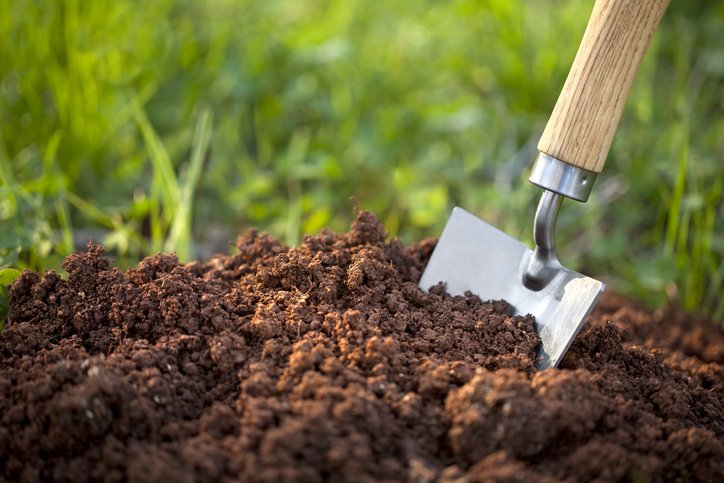This article first appeared in our COP27 special issue of My Green Pod Magazine, published on 10 November 2022. Click here to subscribe to our digital edition and get each issue delivered straight to your inbox
Ahead of this year’s Climate Change Conference – COP27 – in the Egyptian city of Sharm el-Sheikh, the Soil Association is calling for soil health to be prioritised as a solution to the climate and nature crises.
Faced with a growing energy crisis, extreme global weather events and record greenhouse gas emissions, the aim of COP27 is to deliver renewed support for the international treaty on climate change adopted in Paris in 2015.
We will hear how we need to be steadfast in our resolve to reduce global greenhouse gas emissions, build resilience and adapt to the impacts of climate change, while committing to a level of financial support that would be sufficient to allow developing countries to take climate action.
It really is time that we get on and deliver on these commitments.
As part of this it is vital that we recognise the role of good soil health – for the planet and our own health – and how it underpins all our efforts to tackle climate change.
Life begins with soil
Soil contains three times more carbon than the atmosphere but, depending on how it is managed, it can either be the villain or the superhero: healthy soil stores more carbon while degraded soil leaks carbon back out.
Healthy soil acts as a sponge; it soaks up water, which can help prevent floods and mitigate the effects of droughts on crops. It supports biodiverse habitats and is home to billions of microorganisms, as well as being the ultimate provider of vital human commodities such as food and textiles. We neglect it at our peril.
All life begins and ends in soil. It is a living system – a combination of minerals, organic matter, air, water and organisms – but today one third of the world’s arable soil or land growing crops is degraded. Every minute we lose an area of soil the size of 30 football pitches – despite the fact that we need it for 95% of our food.
Working with nature
We simply cannot meet our net zero targets if we ignore soil health. In the UK our soils are eroded and depleted and soil biodiversity is damaged, meaning nature is suffering, too. Conventional and intensive farming practices, including the use of chemical fertilisers and pesticides, have caused untold damage.
The good news is that, by changing the way we farm and eat, we can help protect our soils for generations to come – and they can play a significant role in slowing climate change by capturing carbon and addressing the biodiversity crisis at one and the same time.
 Play Video about This Rock Might Just Save The World
Play Video about This Rock Might Just Save The World Play Video about Play 2 hours of rock
Play Video about Play 2 hours of rock Play Video about Play 2 hours of brook
Play Video about Play 2 hours of brook Play Video about Play 2 hours of sheep
Play Video about Play 2 hours of sheep











































